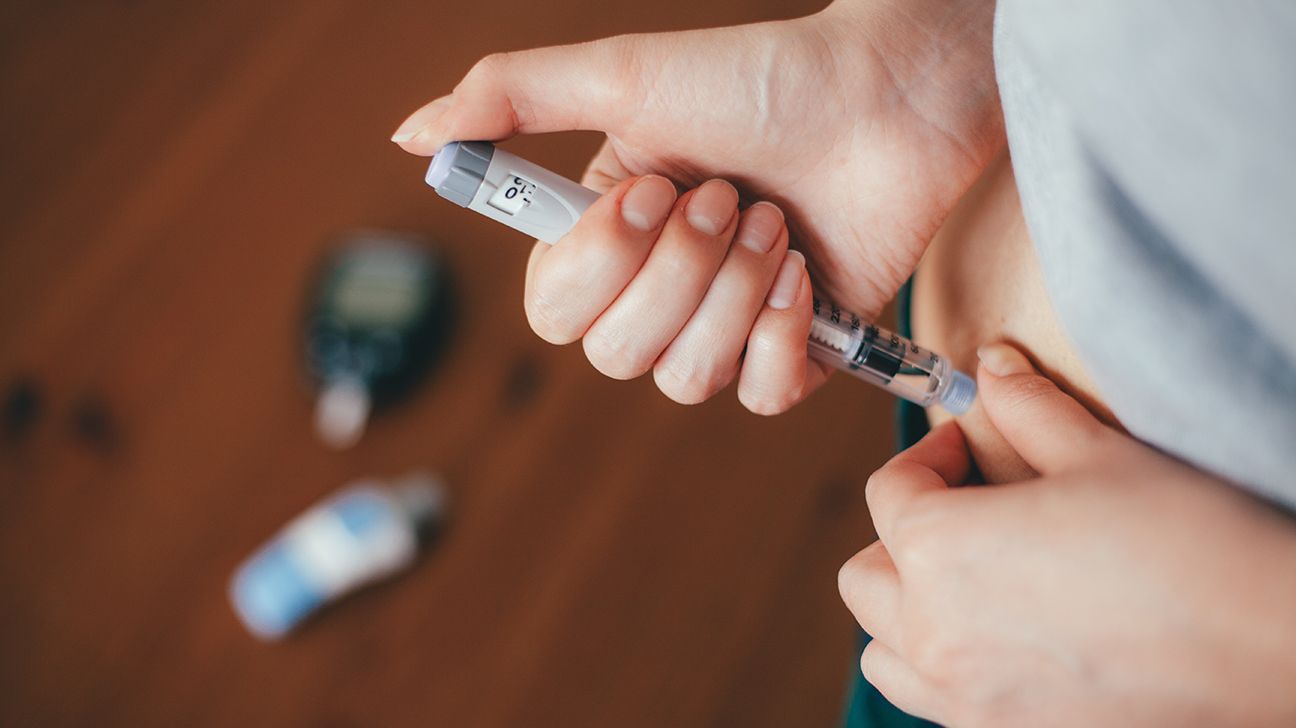Could Your Sleeping Position Be Causing Hip Stiffness?

Have you ever woken up in the morning with hip soreness? The reason could be physical strain, aging, or even a poor mattress. But who could have imagined it could also be due to your sleeping posture, behind your uncomfortable hip tightness?
The position you sleep affects the pressure and alignment of your joints, particularly your hip area. Let us learn what leads to hip stiffness, how your sleeping position plays an important part, and what you can do to find permanent relief.
What Causes Hip Stiffness?
Hip stiffness can occur due to various causes, and it is usually your body’s way of indicating that something is not quite right. Here are the main causes:
1. Prolonged Sitting and Poor Position: Spending too many hours slouching or sitting at a desk can put stress on your hip flexor muscles and decrease flexibility.
2. Muscle Imbalance: Tight hip flexor muscles and weak gluteal muscles can change the natural alignment of your body. This makes the joint of your hip work harder.
3. Arthritis: Rheumatoid or osteoarthritis can result in inflammation in the joints, stiffness, and hip joint pain, particularly in the morning.
4. Overuse or Injury: Fitness enthusiasts and athletes often develop hip stiffness because of improper warm-up or repeated strain.
5. Bad Sleeping Routine: Utilizing a poor mattress and lying in an improper posture can put pressure on the hip joint. This restricts the flow of blood and increases hip stiffness.
In most cases, there could be other factors, but the sleeping position can make the already existing issue much worse.
What Are The Symptoms Of Hip Stiffness?
The symptoms of hip stiffness can vary depending on the underlying cause, but most people notice a few common signs:
- A tight or heavy feeling in the hips, especially after waking up, is usually called morning hip stiffness.
- Limited range of motion, making it difficult to bend or rotate the hip.
- Pain that radiates from the hip to the thigh, groin, or lower back.
- Clicking or popping sounds during movement.
- Discomfort while walking, sitting, or lying down on one side.
If the stiffness persists for more than a few days or interferes with daily activities, it’s a good idea to visit the best ortho hospital in Coimbatore for an accurate diagnosis.
How Sleeping Posture Can Impact the Hip Joint?
Your sleeping position has a powerful impact on joint alignment, muscle relaxation, and pressure distribution. Sleep posture and hip pain are closely related. It is because the way you position your body while sleeping can increase pressure on the hip joints and surrounding muscles. When you lie in one position for several hours, your body weight can press unevenly on the hip joints, leading to stiffness or soreness.
1) Side Sleeping Posture: This is the most common position linked to hip stiffness. If you sleep on one side for long periods without proper cushioning, the top leg may rotate inward, putting stress on the hip and spine. A firm mattress can also increase pressure on the lower hip.
2) Back Sleeping Posture: Sleeping on your back generally keeps the spine and hips aligned. However, if your mattress sags, it can cause the hips to dip, straining the lower back and pelvic area.
3) Sleeping On The Stomach: This position can twist the lower spine and pelvis, which may indirectly contribute to hip discomfort.
Tips to improve sleeping posture:
- Place a pillow between your knees if you sleep on your side to reduce pressure on the hips.
- Use a medium-firm mattress that supports natural body alignment.
- For back sleepers, a small pillow under the knees can help maintain spinal balance.
- Stretch your hip flexors and hamstrings before bed to prevent overnight stiffness.
How Can Hip Stiffness Be Treated?
The right treatment for hip stiffness depends on the cause, but several simple and effective strategies can bring relief:
1. Gentle Stretching And Mobility Exercises: Yoga poses like the pigeon pose, butterfly stretch, and hip circles can loosen tight muscles.
2. Warm Compress or Heat Therapy: Applying heat improves blood circulation and helps relax stiff joints.
3. Massage Or Foam Rolling: These techniques can release tension in surrounding muscles and improve flexibility.
4. Physiotherapy: A physiotherapist can design a customized plan to correct posture and strengthen hip-supporting muscles.
5. Adjusting Sleep Habits: Changing your sleeping position, using supportive pillows, and upgrading your mattress can significantly reduce stiffness.
6. Medical Treatment: In cases caused by arthritis or injury, the best ortho doctor in Coimbatore will recommend medications, injections, and proper diagnosis for advanced care.
Conclusion
Hip stiffness may seem like a minor issue, but it can affect your daily comfort, mobility, and sleep quality. Often, the culprit lies not in your daily activities but in your nightly posture. Paying attention to how you sleep, maintaining good mattress support, and practicing regular hip stretches can go a long way in keeping your joints healthy.
So, the next time you wake up with sore hips, think twice before blaming the mattress; it might just be your sleeping position sending a silent signal for change.

